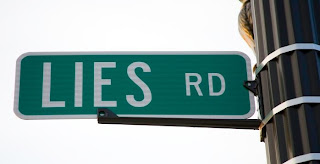 Understanding your oil filter. Find out why it is important to change your motor oil and your oil filter. Learn about the different types of oil filters there are available.
Understanding your oil filter. Find out why it is important to change your motor oil and your oil filter. Learn about the different types of oil filters there are available.*(NAPSI)—Practicing good vehicle maintenance to extend the life of your vehicle is important, especially in today’s economy. One of the critical components of car care is engine maintenance, including regularly scheduled oil changes based on your vehicle’s manufacturer recommendations.
It helps to know whether the quality of your oil filter matches the quality of the oil you’re using. Here are a few facts to help you make the right oil filter choice for your vehicle:
What’s in an Oil Filter???
There are several main components in an oil filter.
The shell is the solid material that surrounds the actual filter. It keeps your filter safe during the wear and tear on your vehicle and protects it from punctures.
The media is the component that filters the oil. It’s a maze of cellulose, synthetics and micro-fibers that removes harmful debris from your engine oil.
The core of the filter is inside the filter media and constructed from a variety of materials. It helps keep the shape and prevents it from collapsing under extreme pressure.
The base plate is the threaded part of the filter. It also directs the oil flow.
The gasket is the flexible rubber ring that seals the filter to the engine’s oil filter base.
Types of Filters :-
The quality of the filter depends on the material used to make each part.
In basic filters, the media is of natural wood fibers. These filters do the job but need to be changed frequently.
Middle-grade filters use a blend of fibers that are primarily cellulose with a minimal amount of synthetic fibers. These enhance the media strength and efficiency performance.
Premium filters, such as those from Royal Purple, use microglass filter technology. These advanced filters are designed to extend the life of both vehicle and equipment. In addition to superior filtration media, the other internal and structural components are of higher-quality materials, making for easier installation and removal as they are much less likely to crush in the process. Just as the company’s motor oil lasts a long time, Royal Purple oil filters can extend change intervals up to 12,000 miles.














